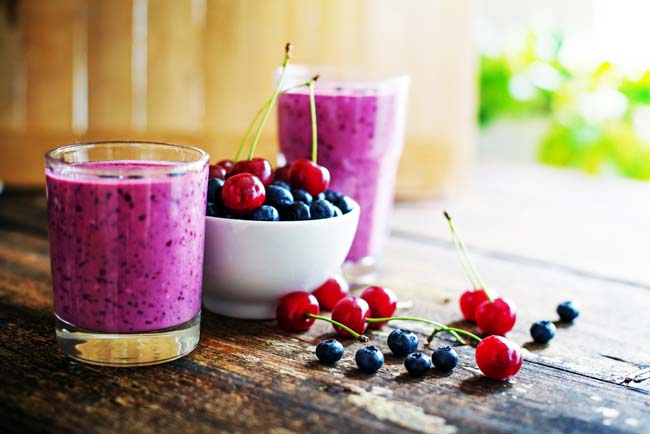If you’re one of the 15 million Americans living with severe joint pain, you may be wondering what you can do to find relief. Well, what if we told you that changing what you’re eating might help your joint pain?
It’s true. Incorporating certain foods into your diet — and limiting others — has been shown as effective in optimizing joint health and limiting pain.
But what exactly should you be eating? Let’s take a look.
Protecting your joint health: Limit these foods
While there are definitely some foods you should add into your diet to encourage better joint health, there are also foods you should avoid.
In most cases, these foods have been linked to inflammation, which can exacerbate arthritis and other common causes of joint pain. Since your body is already in an inflamed state when you have arthritis, eating foods that are known to increase inflammation can worsen your symptoms and lead to more pain.
The American Arthritis Association recommends limiting consumption of:
- Foods containing processed sugar, like baked goods. When your blood sugar levels spike, the body produces chemicals called cytokines, which stimulate inflammation.
- Foods containing saturated fat, like full-fat dairy products and red meats. Saturated fat has been shown to worsen inflammation.
- Fried foods, whether they’re cooked at home or in a fast food setting. These foods contain toxins known as “advanced glycation end products,” which increase oxidation in the body’s cells and contribute to inflammation.
- Foods containing gluten, including wheat, rye and barley. Gluten can contribute to inflammation in some people. This is especially important for people who have joint pain and celiac disease or another autoimmune disorder.
- Alcoholic beverages. A moderate amount of alcohol consumption is fine, but drinking too much alcohol has been to spike levels of C-reactive protein in the body. CRP, as it’s known, is a sign of inflammation.
Protecting your joint health: Fuel up with these foods
So what you should you eat to keep your joints healthy and pain-free? A number of foods have been connected with better joint health, including:
- Fatty fish. Choose fish that are loaded with omega-3 fatty acids, like salmon and tuna. These fatty acids have been shown to reduce joint pain and stiffness. Experts recommend eating three to four ounces of fish a couple times a week.
- All varieties of berries contain both anthocyanins and ellagic acid, antioxidants that have been shown to fight inflammation. (Fun note: the anthocyanins are also what give the berries their rich, vibrant color.)
- Olive oil. Extra-virgin olive oil contains polyphenols that protect the body from inflammation, helping to ease joint aches and pains. In fact, the effects of olive oil have been shown to be similar to what’s found in anti-inflammatory medications like ibuprofen.
- You may have heard that drinking tart cherry juice can help relieve the aches and pains associated with the joints. That’s because cherries contain anthocyanins like berries do, making them good inflammation-fighters.
- Green tea. This well-known tea contains polyphenols that have an anti-inflammatory effect. Research has also found that another antioxidant found in green tea can reduce joint damage in those with rheumatoid arthritis.
- Certain spices. Both turmeric and ginger have anti-inflammatory properties. So much so, in fact, that turmeric is used in traditional Asian medicine. Ginger, which is often thought of as an anti-nausea medication, blocks genes and enzymes in the body that promote inflammation.
- Cruciferous vegetables. These veggies, such as broccoli, cauliflower and Brussels sprouts, are packed full of all sorts of helpful nutrients, including antioxidants and fiber. One of those antioxidants, sulphoraphane, has the same effect that ginger does — blocking an enzyme that causes joint pain and inflammation.
If you’re concerned about your joint health or regularly experience pain, you may want to consider following the Mediterranean diet, which features many of the foods mentioned above, along with healthy fats and whole grains.
Protecting your joint health: Supplements that might help
In addition to eating a healthy, well-balanced diet packed with anti-inflammatory foods, you might benefit from certain supplements, such as glucosamine, chondroitin, ginger extract, or fish oil.
While some studies have found these supplements helpful for joint health, other studies have found little benefit.
Talk with your doctor before taking any OTC products, including vitamins and supplements. He or she will be able to advise what’s best for your joint health. Need a doctor? Find one here or book an appointment with the Erlanger Orthopaedic Institute.







